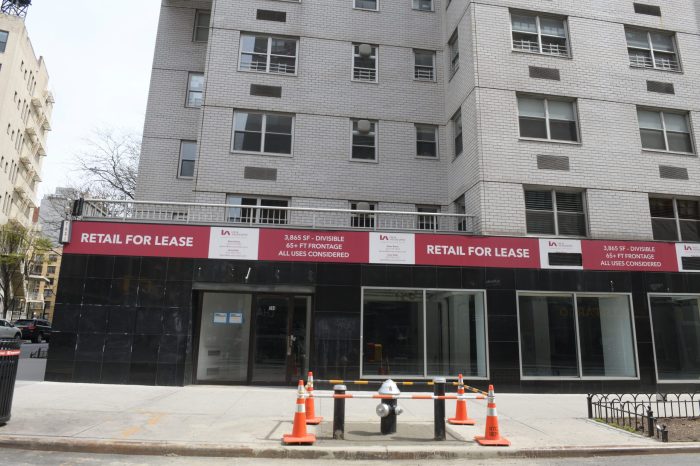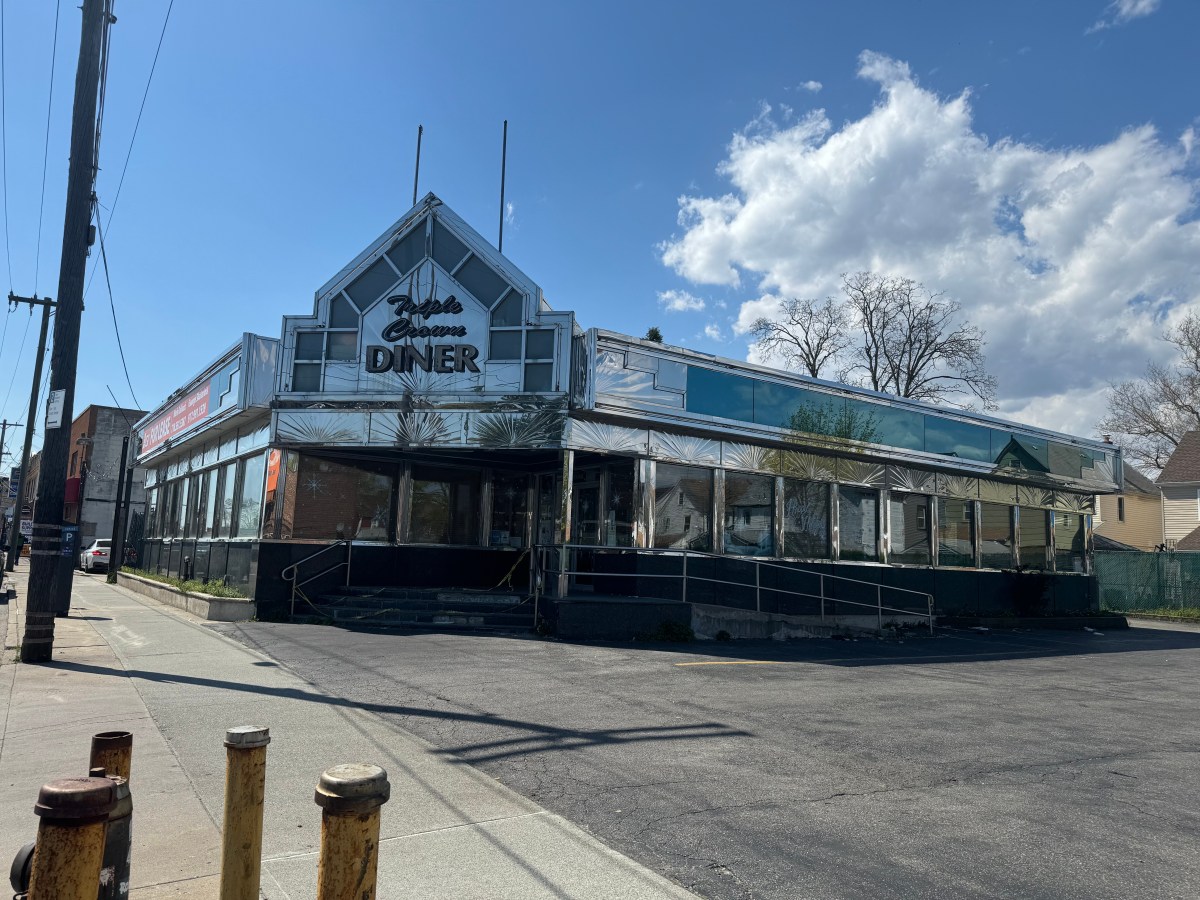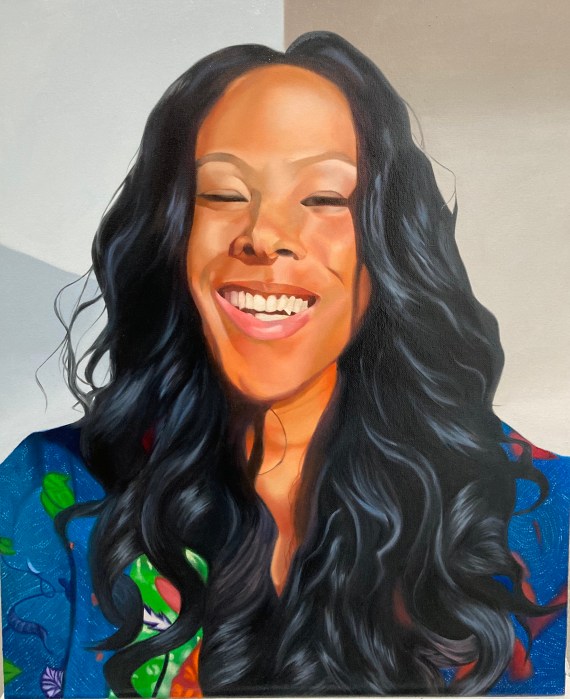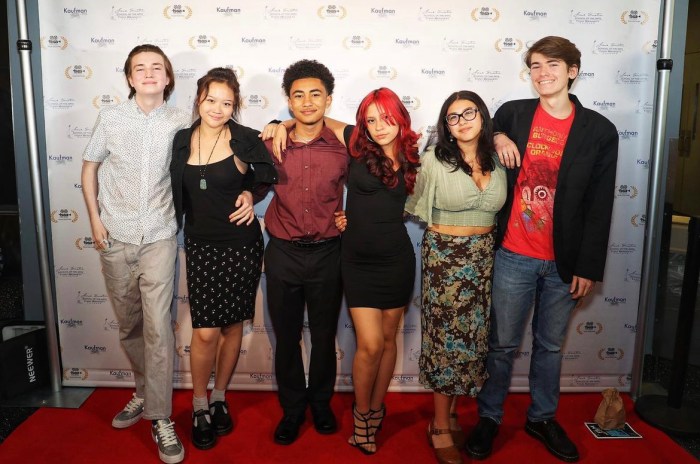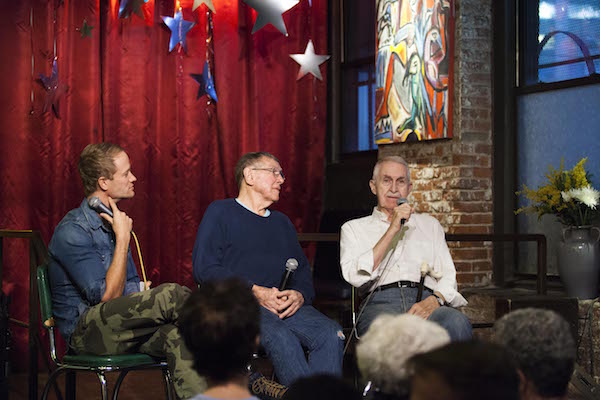
BY PERRY N. HALKITIS, PhD, MS, MPH | For some time now I have been intellectually preoccupied with thoughts about generations of gay men. Without a doubt this is due in part to my own aging process — a middle-aged gay man taking stock of his own life — and in part to my own inimitable style of turning preoccupations of self into an intellectual exercise (my niece, Sophia, cleverly calls this research “me-search”).
Regardless of what fuels my current scholarly obsession, there is something about the concept of generations that is quite timely. The current presidential race demonstrates the problems that arise when members of an older generation (in this case, women) degrade the thoughts, realties, and, ultimately, the lives of a younger generation of women. Supporters of Hillary Clinton, such as Madeleine Albright, have been somewhat misguided in their thinking that young women of today must certainly be like young women of yesteryear. This same misstep occurs across generations of gay men, creating a missed opportunity for our community to learn from one another.
I have come to understand the gay men of my lifetime as belonging to one of three generations: the Stonewall Generation, which came of age at a time when being gay was a crime and psychopathology; the men of my generation, the AIDS Generation, who were promised all the hopes and dreams made possible by our predecessors but which were derailed by a vicious and unrelenting disease; and the Queer Generation, Millennials who have come of age at a time when sexuality and gender identity are being freed of the heteronormative, hegemonic, and binary conceptions of the past.
Where we misstep is in the thinking of some of our elder statesmen. Some believe that coming of age as a gay man nowadays is a joyride compared to the realties of the past. Such ideas and beliefs — which are often voiced from place of judgment — do nothing but create a greater chasm between these generations. And these thoughts are rooted in a false sense of reality.
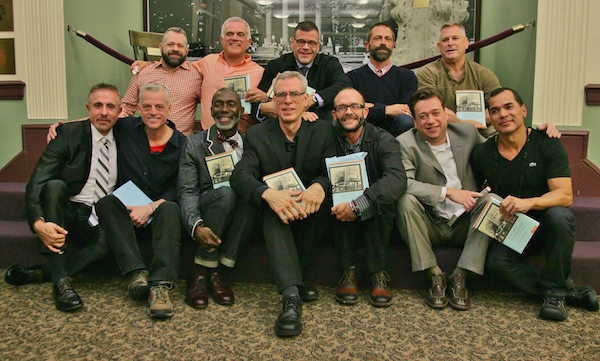
It is true that sociopolitical circumstances have improved somewhat from the days prior to the Stonewall Riots and from the 1980s, when I was a young gay man coming of age. We have the right to marry; we have greater legal protections; popular culture has embraced openly gay characters in film and television; and more so than ever before, young gay men have openly gay role models in their lives. I think of my own role as a university professor and the meaning it must have for my gay students to have an out gay man speaking freely in class about his husband and his life — as freely as those straight folks who bored us with stories of their spouses and children for years while we had to remain silent in fear of repercussions.
But let’s not be fooled. The advances of our time that bestow these God-given but somewhat limited privileges to all gay men do not ensure that the lives of the Queer Generation are so much rosier than our lives were. Some 35 years into this crisis, young gay men still confront the realties of HIV, albeit with a greater arsenal of biomedical weapons to control the virus. They still confront the bigots in our society, including those within the political arena who develop insidious approaches such as so-called “religious freedom” laws that seek to deny us the rights that we have been justly granted.
Most importantly, young gay men these days come of age at a time when neither economic security nor personal and national safety are foregone conclusions. Long gone are assurances of affordable housing and of a lucrative financial future made possible by career options and possibilities. Those are 1980s dreams. Although AIDS destroyed us in many ways at that time, the possibility of an amazing career and an affordable home in a somewhat-safer-appearing world were attainable — if we were able to outsmart the virus. In contrast, many of our younger gay brothers remain dependent on their parents for many more years than we did because of the current economic state, a situation that is exponentially worse for young men of color.
These challenges and others are those of a new generation of gay men — the Queer Generation. They may not be like the challenges we faced in the past, but they are challenges that are as legitimate and real to the lives of these young men as any of those we faced.
I am disheartened when I hear my own peers belittle these young men’s life experiences. I am disturbed and angered when someone openly states that young gay men don’t care or fear AIDS. Correction: They do care. But the truth is that AIDS is not the same problem in their lives as it was for us some 30 years ago.
If you were to ask me at age 21 what my primary concern was, I would have undoubtedly pointed to the AIDS crisis. In our own study of young, sexual, minority men, we find that HIV/AIDS is a worry — but one that is surpassed by worries about finances, a place to live, and lack of prospects for a stable future, in addition to fears of not finding someone to love (which I am sure ranked pretty high for my generation as well). We, the elder generations, should be thankful — not resentful — that a new generation does not have to face the level of death and destruction many of us faced.
Recently, I had the privilege of meeting Wes Enos, the 29-year-old Executive Director of The Generations Project. This relatively new organization strives to bridge the generational divide in the LGBT population by bringing together people of all ages to share their stories. There is power and incredible beauty in the storytelling I witnessed on a warm April night at a Generations Project event at a bar in DUMBO. Those in the room ranged in age from early 20s to early 90s. I, the “wise” 53-year-old, learned of this group from my “in-same-ways-wiser” 20-year-old student, Grant, who accompanied me to the gathering. As I sat in that bar and heard the stories, I was reminded once again that what binds us all together is far greater than any of our intergenerational differences. And with the simple act of listening, the divide vanishes and creates a power for our community that is much greater when we are united across ages — honoring our past, our history, respecting our present, and empowering our future.
Perry N. Halkitis (@DrPNHalkitis; perrynhalkitis.com) is Professor of Global Public Health, Applied Psychology, & Medicine, and Director of the Center for Health, Identity, Behavior & Prevention Studies (CHIBPS) at New York University and author of “The AIDS Generation: Stories of Survival and Resilience.” To learn more about CHIBPS research, visit chibps.org. For The Generations Project, visit thegenerationsproject.info.
HBO Out Group and The Generations Project are presenting a “Pride History Show” on Mon., June 27, at 1100 Sixth Ave. During 6–7:30pm’s open bar, mingle with those who fought back at Stonewall, brought the AIDS epidemic to the world’s attention, and continue to work for equality across all aspects of the LGBT community. Honored guests will tell their stories at 7:15pm. RSVP on eventbrite.com (suggested donation, $100).












